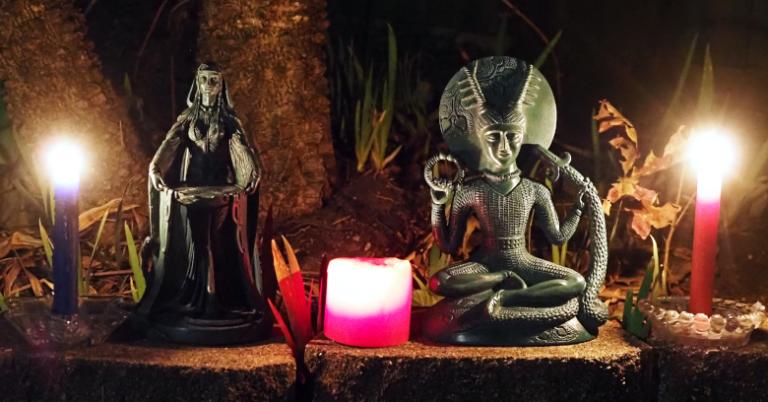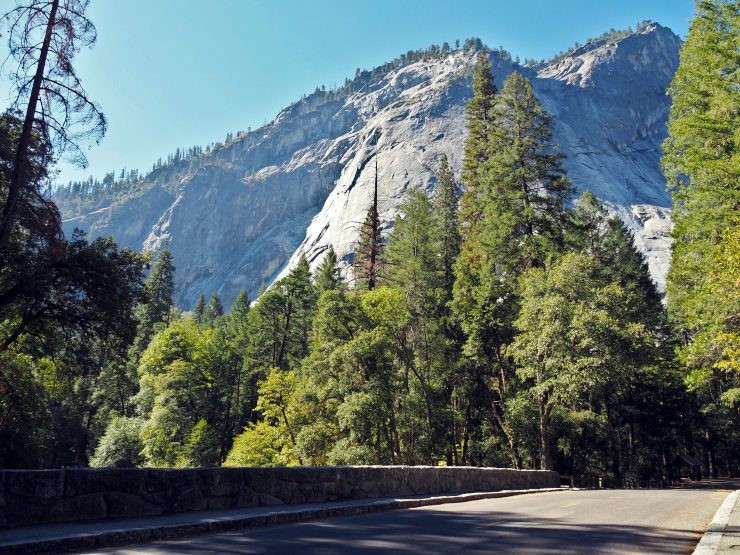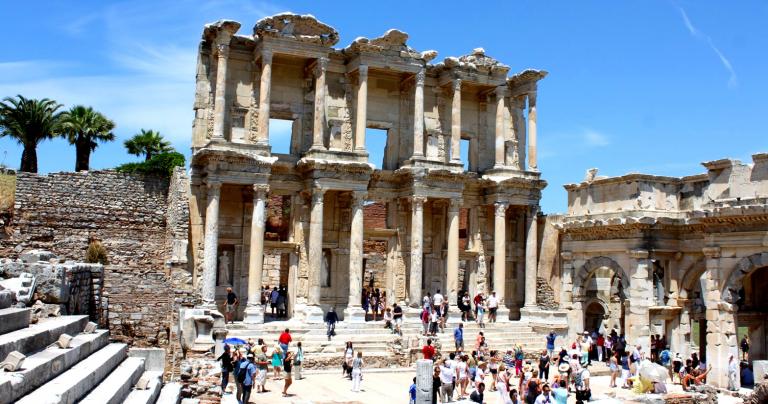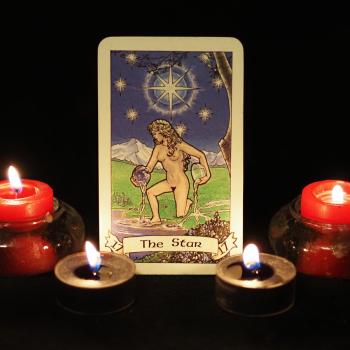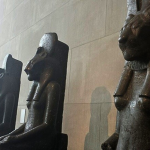While on my Solstice break, I met a friend for coffee, tea, and conversation. We’ve stayed in touch on social media but we hadn’t seen each other in several years. It was a wonderful experience – I wish I could do it more often.
One of the things we covered in our rather broad discussion was how what we and others called “the polytheist movement” is all but gone, and how much we miss it.
Polytheism is as old as humanity – it’s likely humanity’s default religious position. Monotheists have been trying to wipe it out for centuries and they’ve failed, because as soon as they let up on enforcing orthodoxy, people go right back to acknowledging and honoring the Gods of the sun, the moon, the wind, the rain, and of every other aspect of life. The modern Pagan movement began in part when people tired of Christianity and returned to worshipping the Gods of our ancestors.
In the mid-2010s this trend accelerated, especially online. All of a sudden we had polytheist blogs, polytheist websites, and polytheist conferences. I was in the middle of it and I loved it. It was intellectually stimulating and spiritually inspiring. Some of my best writing came out of that period, including my second book Paganism In Depth: A Polytheist Approach.
It got contentious at times. Polytheism became the trendy flavor of the moment, people started calling themselves polytheists who had no idea what it meant, and efforts to draw necessary boundaries were attacked as “gatekeeping.” But despite the turmoil (and in some cases, because of it) there was a groundswell of devotion, worship, scholarship, and art – all directed toward the many Gods.
And then it faded away as quickly as it began.
Some of those who left discovered that polytheism wasn’t for them. That’s fine – like all of Paganism, it’s not for everyone. Some acknowledged the reality of the many Gods, but decided that magic or self development or activism was the center of their practice, not devotion.
Some got burned out by the conflicts.
A few got burned up by the Gods themselves.
The harsh realities of life impacted some. It’s hard to be spiritual when your roof is leaking, or when you’re dealing with health issues, or job issues, or family issues.
A few degenerated into far-right and fascist politics. They may still be practicing polytheists for all I know, but I had to cut them out of my life for my own mental health.
I miss the reports of ecstatic experiences, the speculations on what they mean, and the planning to facilitate more. I miss the works of devotion and scholarship. Mainly I miss the conversations, both online and in person.
I don’t blame anyone who did – and is doing – what they believe is best for themselves.
But I want to express my gratitude and appreciation for those who are persisting in their polytheism.
I give thanks for those whose worship has always been private
One of the more common complaints during the height of the “polytheist period” was that it overemphasized those of us whose practice was public. “Arguing on the internet is not worshipping the Gods.” And while that complaint was somewhat simplistic, it also contained a valid point.
At the end of the day, being a polytheist is about forming and maintaining a relationship with one or more of the many Gods. And while group worship and practice is good and helpful, there is no substitute for the kind of daily devotion that by its very nature must be done alone.
Some of us write and speak about our daily devotion. Others don’t. Both are valid approaches.
There are those who were worshipping the Gods before it became trendy, who worshipped the Gods while it was trendy, and who continue worshipping the Gods now that the trend-seekers have moved on to something else. We never hear about them because what they do is between themselves and their Gods.
I thank them for their persistence.
I give thanks for those who honor the Gods in different ways
I don’t want to give anyone the impression the internet now only contains monotheists and non-theists. I come across polytheist discussions on Twitter on a fairly regular basis. But most of them are grounded in Neoplatonism.
Neoplatonism was the last of the major schools of philosophy in antiquity. It began around the 3rd century CE, continued until it was suppressed by Christianity, and never really disappeared from Western thought. It was more influential in the development of Christianity than most Christians care to admit.
Neoplatonism is a very intellectual approach to polytheism. While I appreciate the deep thinking that goes into it, it doesn’t match well with my experiential approach. It’s not wrong – far from it – but it’s not what I do.
But it is polytheism, and it’s public polytheism. And so I thank those who persist in this expression of polytheism.
I give thanks for those who include the Gods on other paths
One of the most common complaints during the height of the polytheist movement was that some people were “trying to create polytheist orthodoxy.” I won’t say that never happened, but most of such charges were either a misunderstanding of boundaries, or someone mistaking a writer saying “this is how I do it” for “this is how you must do it.”
Not every polytheist’s practice looks like mine – nor should it. And as much as the worship of the Gods is the core of my practice, it’s not the core of everyone’s.
There are witches who acknowledge the reality of the Gods and who occasionally honor Them, but whose practice is centered on working magic and developing their skills. There are those whose practice is centered on personal growth, but who include the Gods in that practice. And there are those who keep busy with this-world matters and still find the time to say the occasional prayer and pour the occasional offering.
One of the many things I despised growing up in a fundamentalist church was the insistence that everyone was supposed to be “on fire for God.” It was an all-or-nothing thing that left no room for people who wanted to be good Christians and live ordinary lives. I never want that in Paganism and polytheism. I want a religion that has room for accountants and plumbers – and witches – as well as for priests and mystics.
And so I thank those who include the Gods in their practice even though polytheism isn’t its core.
I give thanks for those who keep moving
And then there are those who never stopped what they were doing. Some were active polytheists before it became popular, some discovered polytheism during this time, and some – including me – had our polytheism strengthened and refined. This path and the Gods who are part of it called to us, and once we started following it we never left.
The back-and-forth conversations are mostly gone, but I still write about the Gods when I have a thought or an experience worth sharing – or when They tell me to write about Them. So do a few others. Big rituals haven’t been a thing since before Covid, but small rituals can be powerful too. The ecstatic experiences are far more rare these days, but they’re not what’s most important – and they haven’t completely gone away.
I miss the stimulating discussions we had in the mid-2010s, even those that got contentious. I miss the explicitly polytheist conferences and the program tracks at the larger Pagan gatherings. I miss the opportunities for group worship, especially those that facilitated ecstatic experiences.
I miss the people, many of whom were friends. Some still are.
I fault no one for doing what they need to do to take care of themselves, for realizing they belong on a different path, or for taking their devotion private.
But I give thanks for those who persist on this sacred journey to worship the Gods, to learn more about Them, and to experience Them for ourselves.


